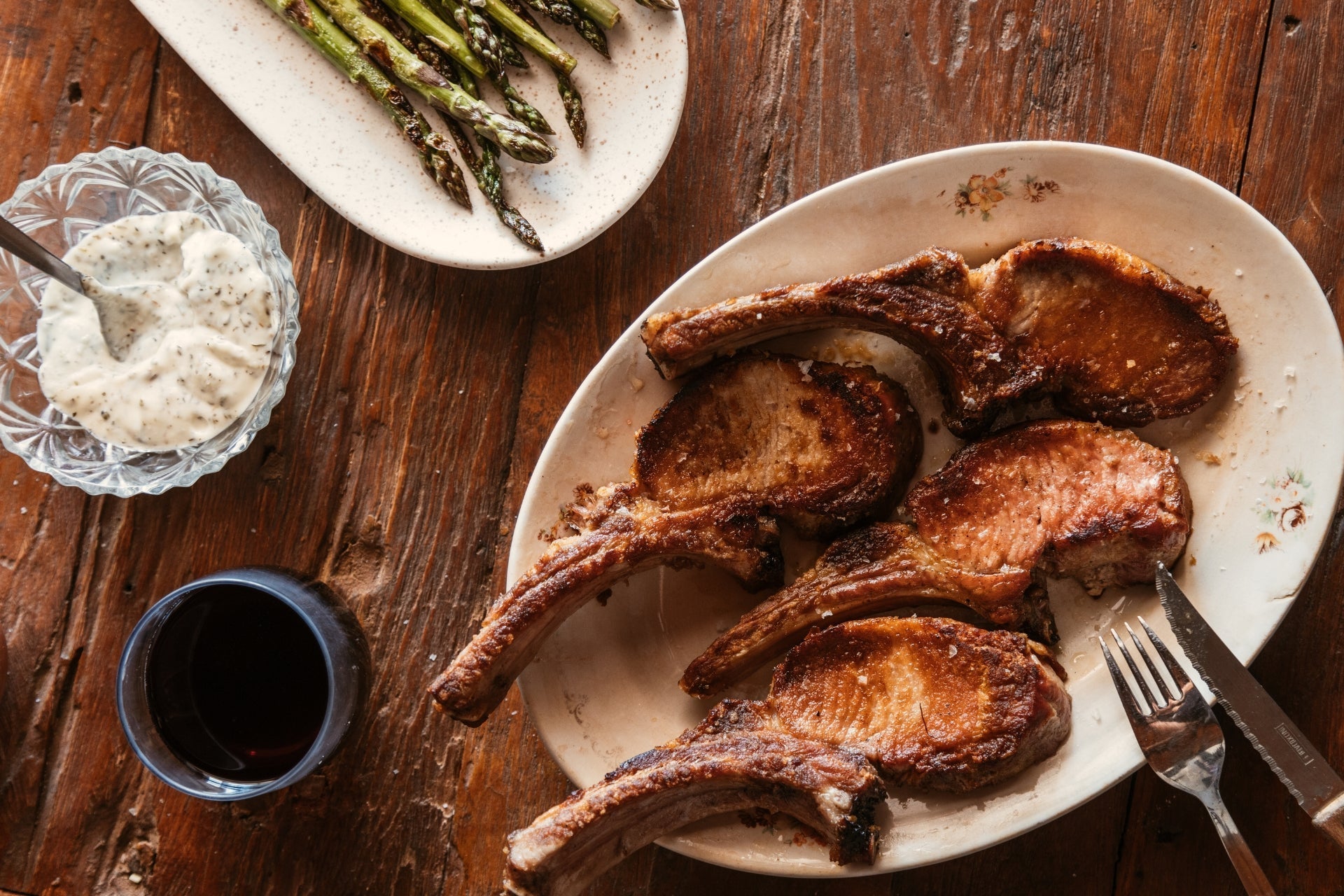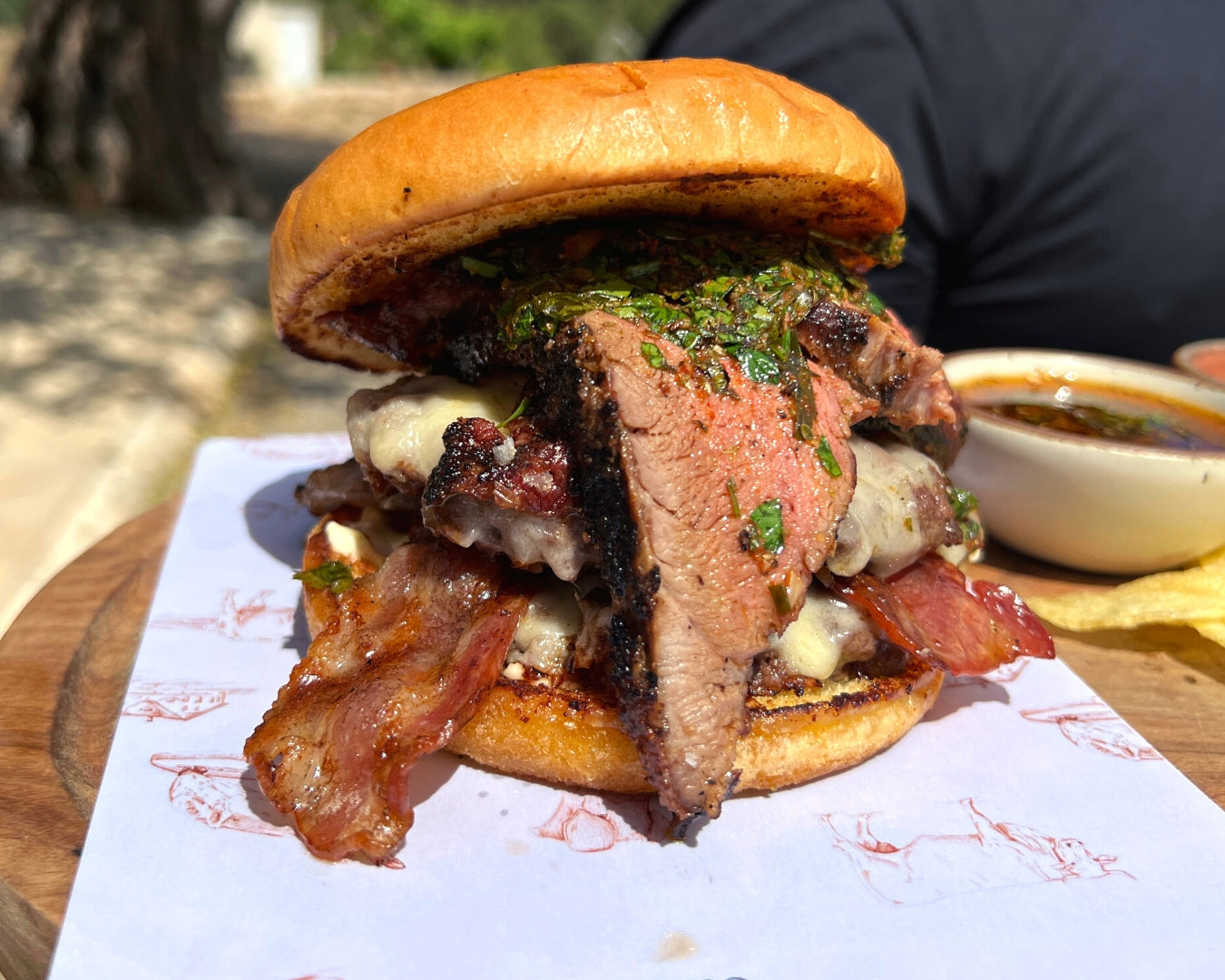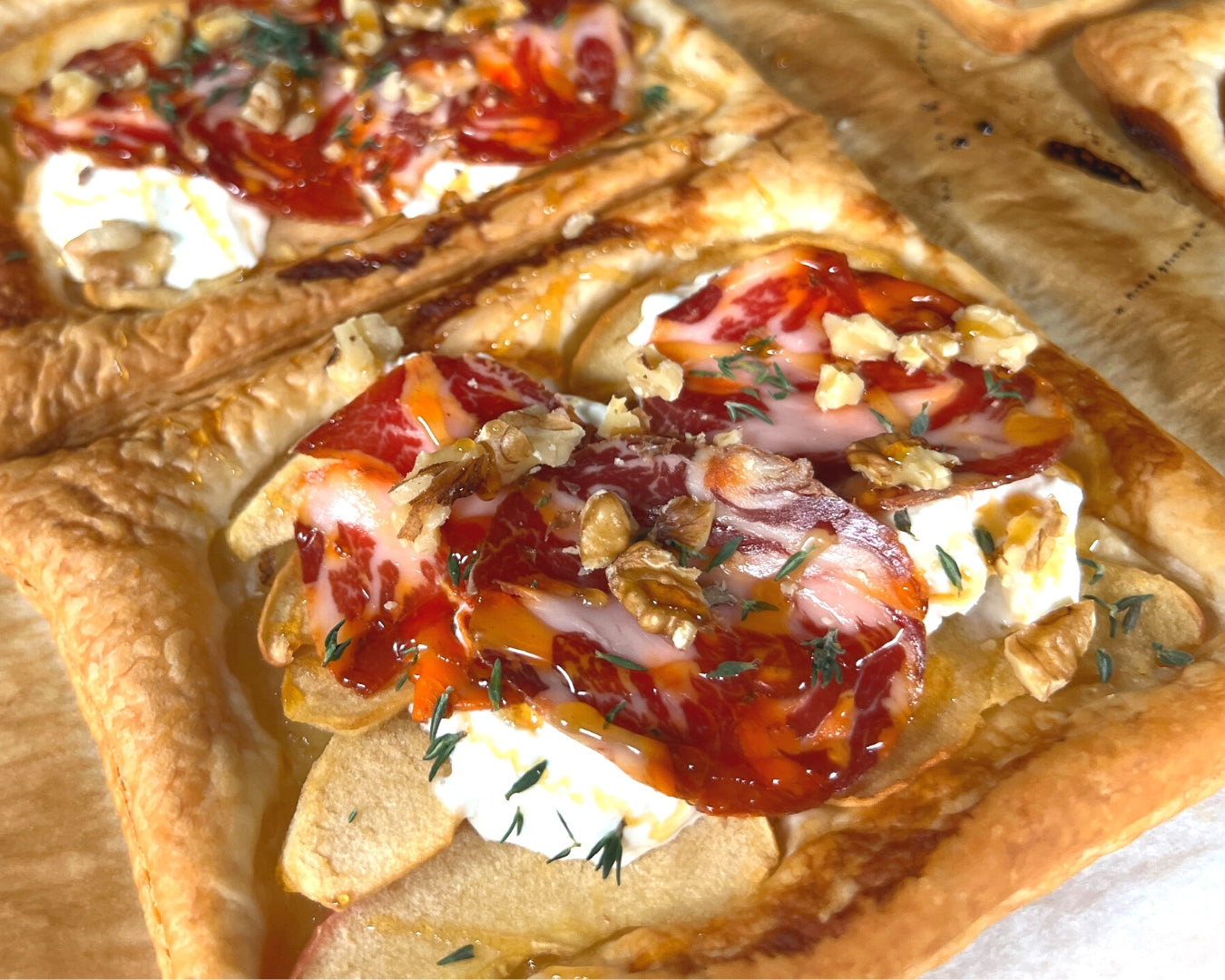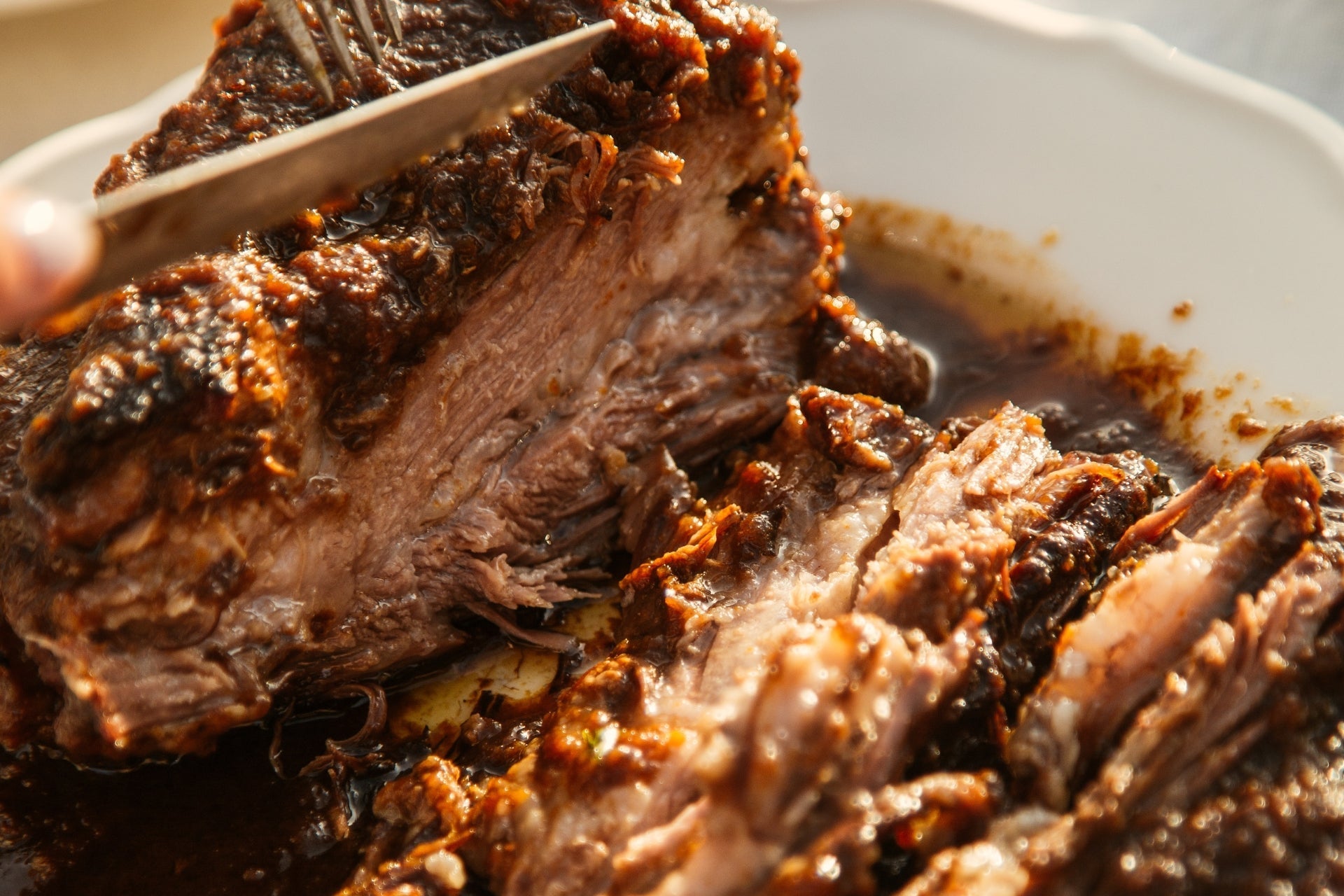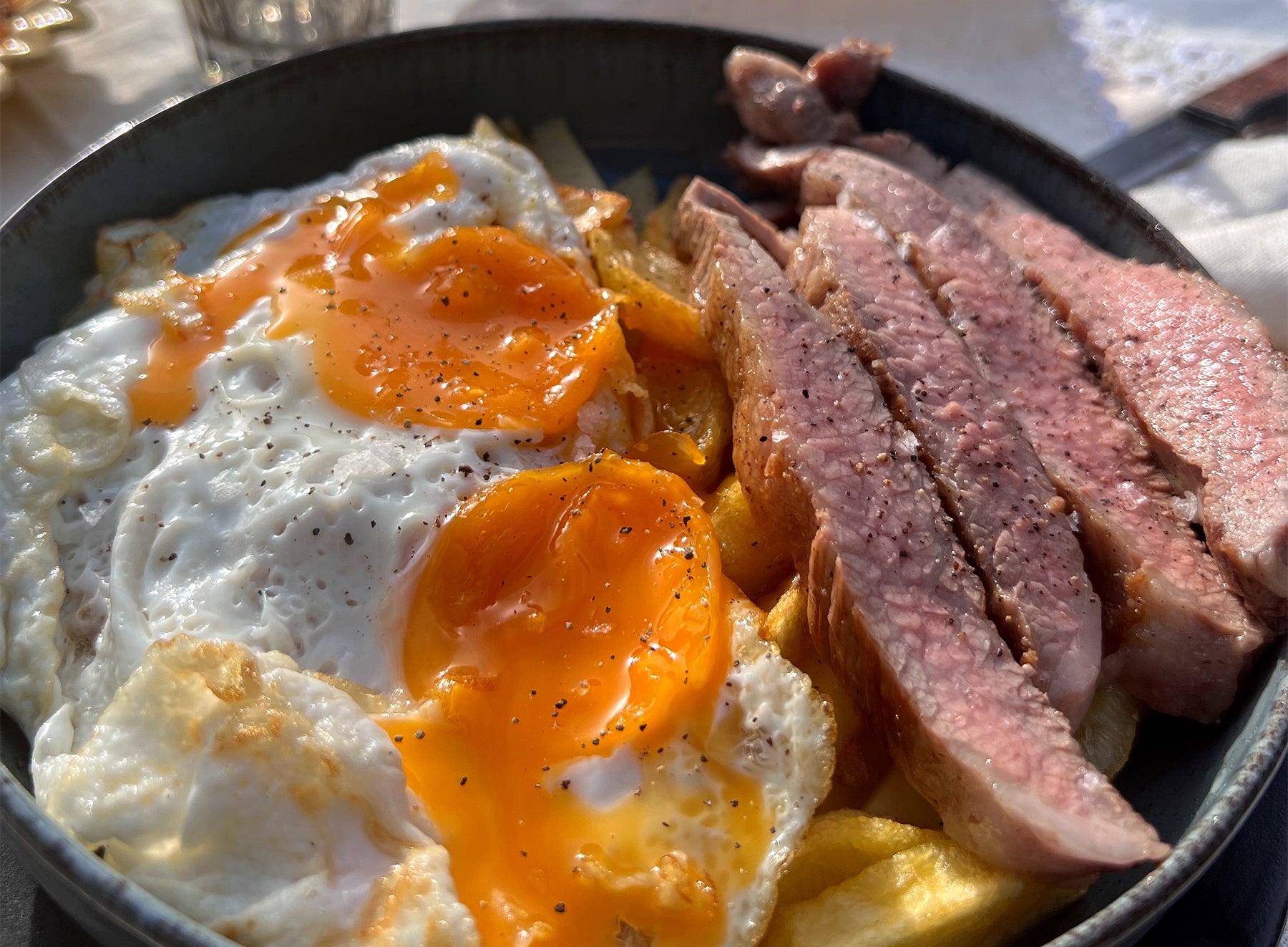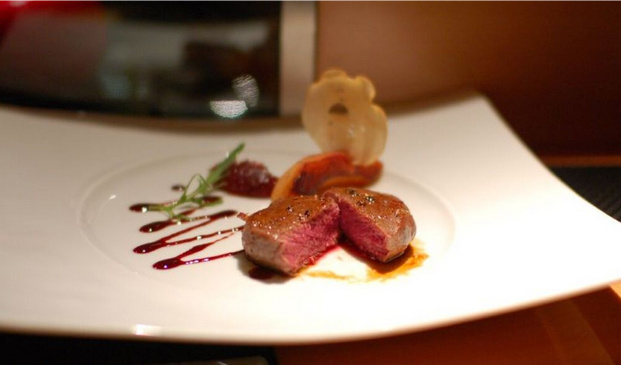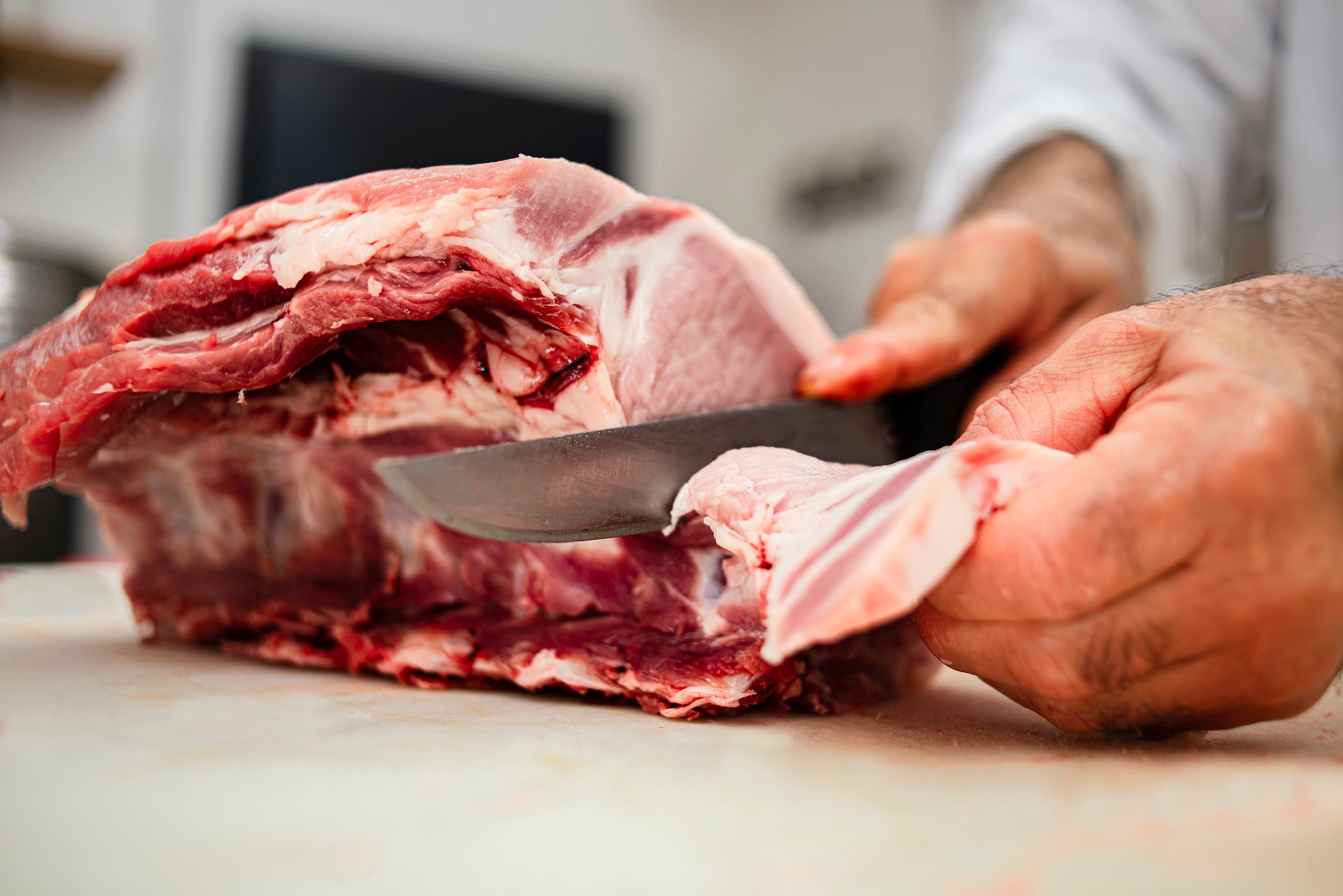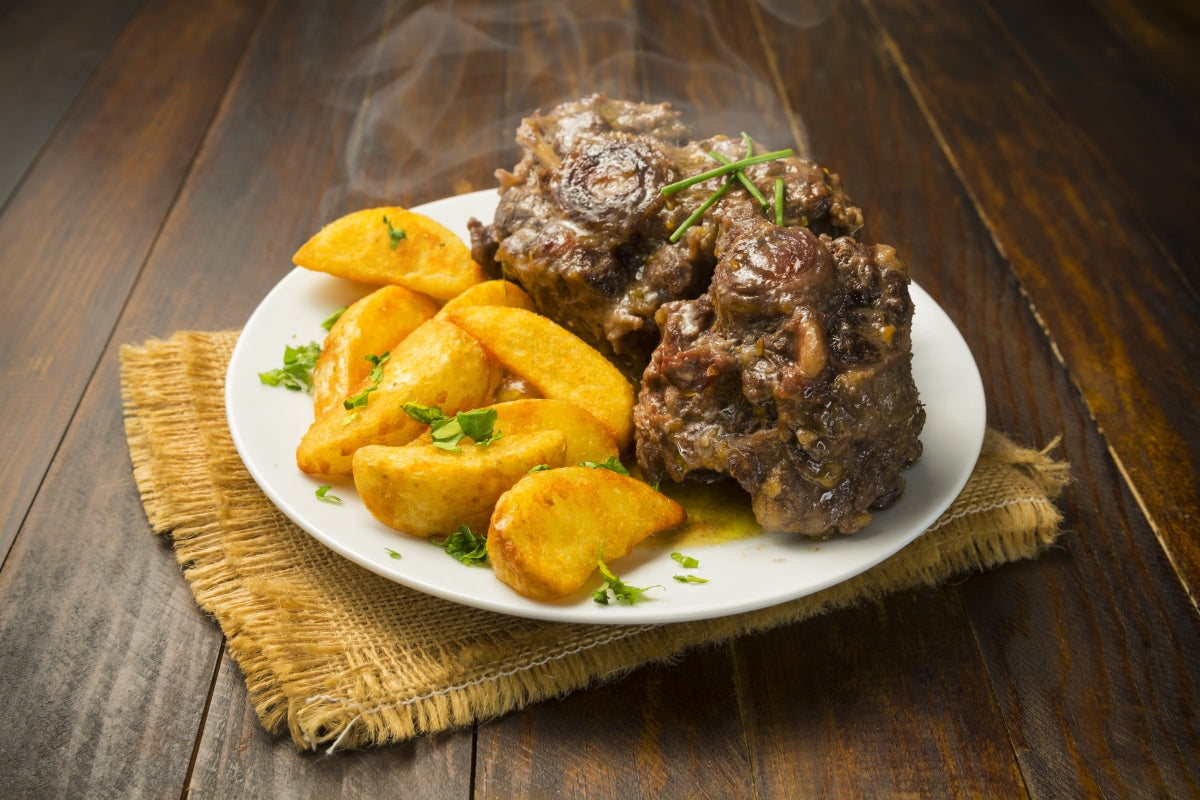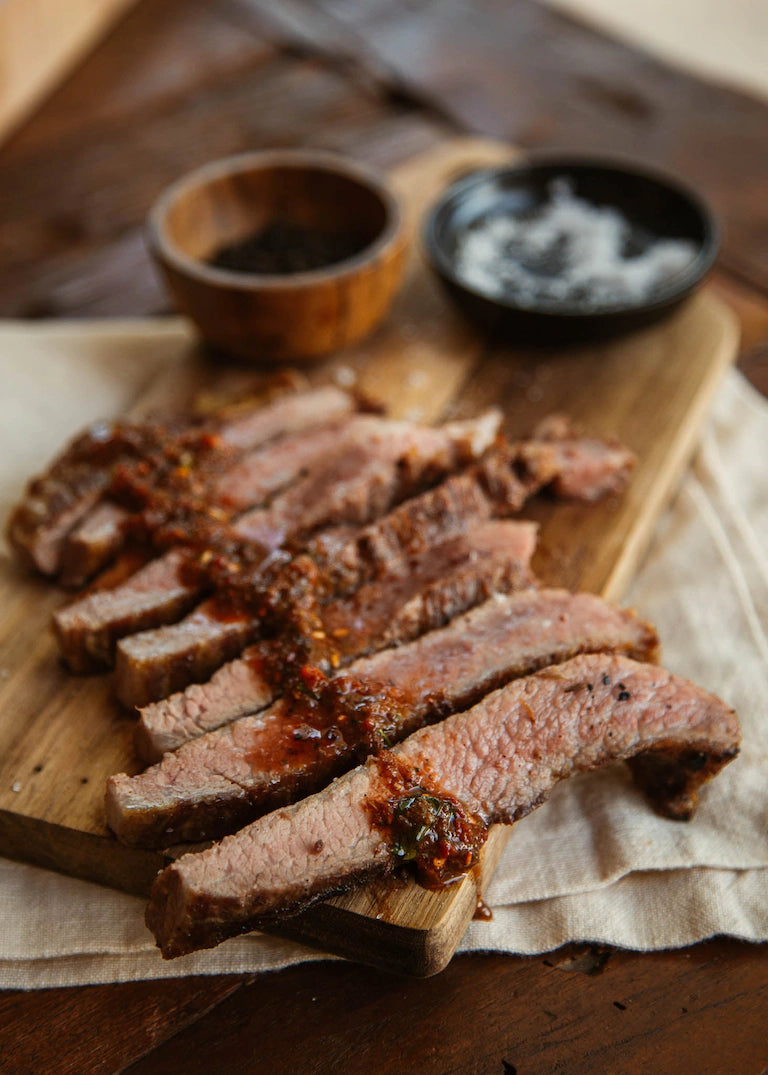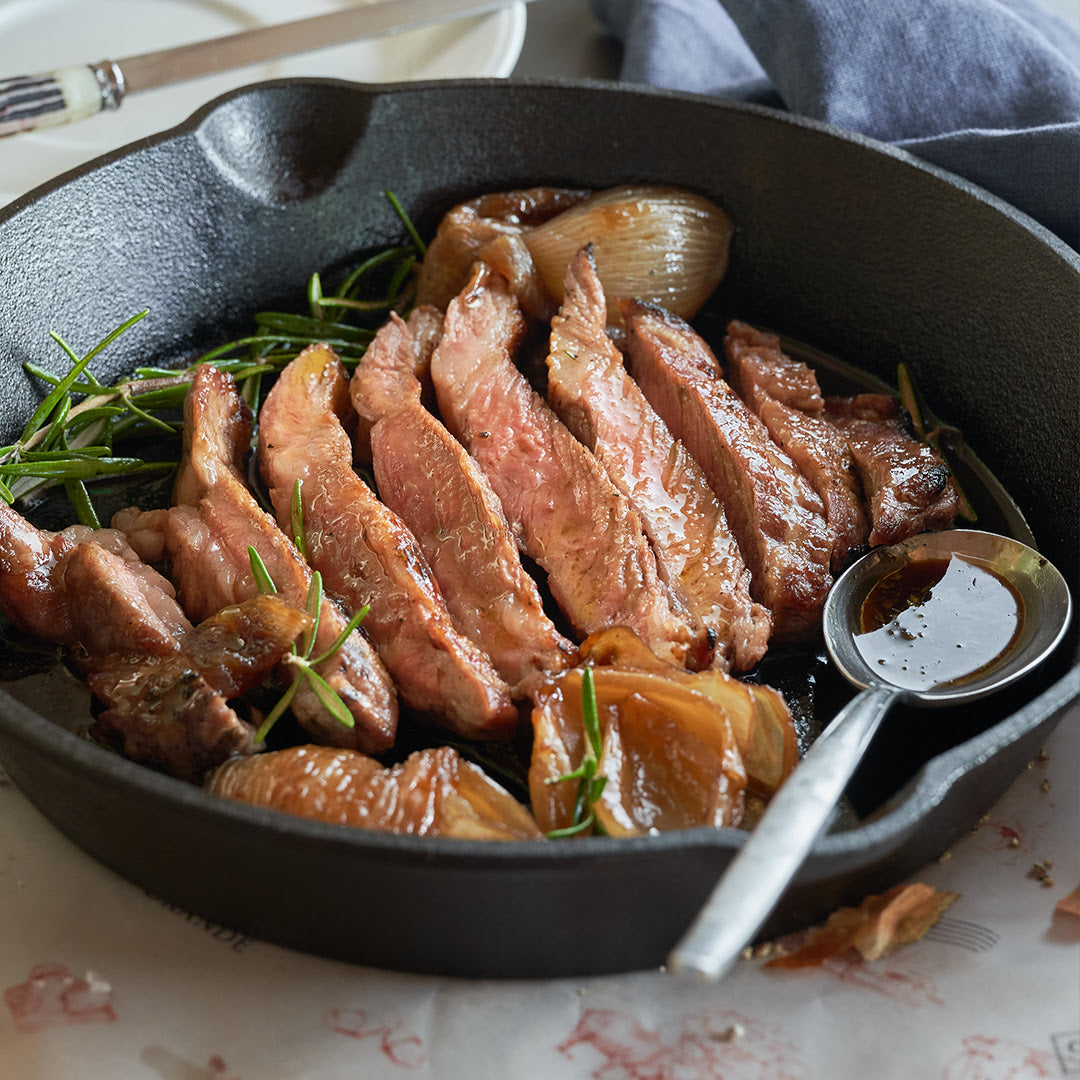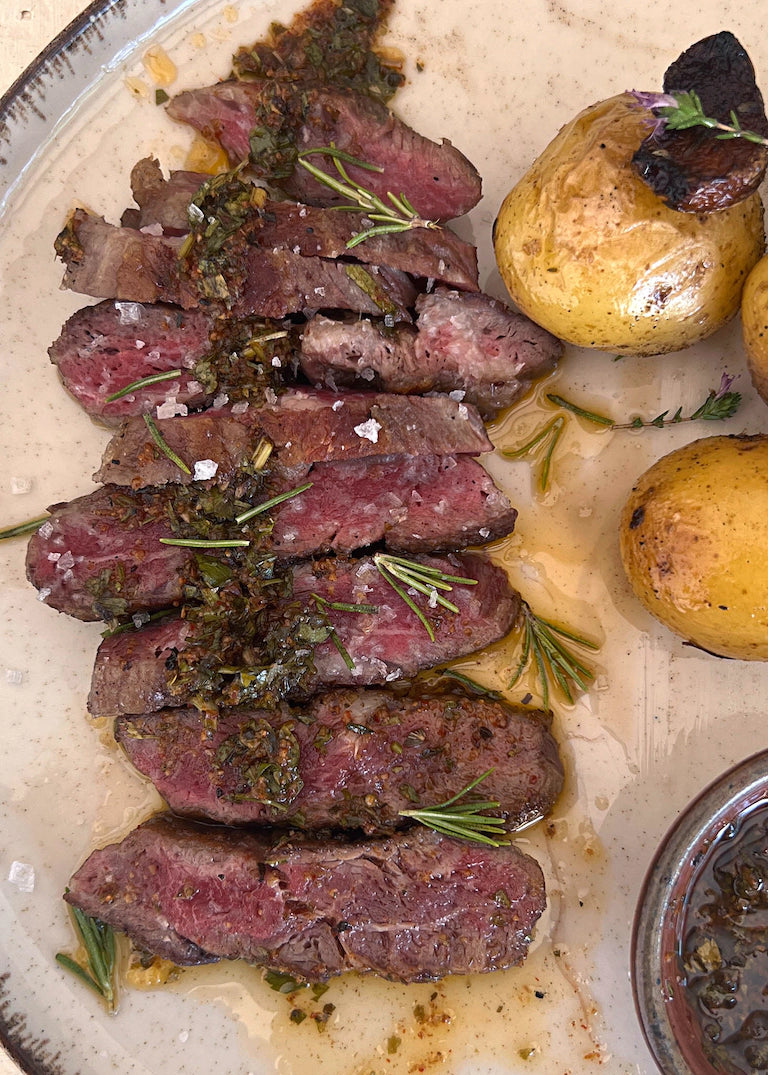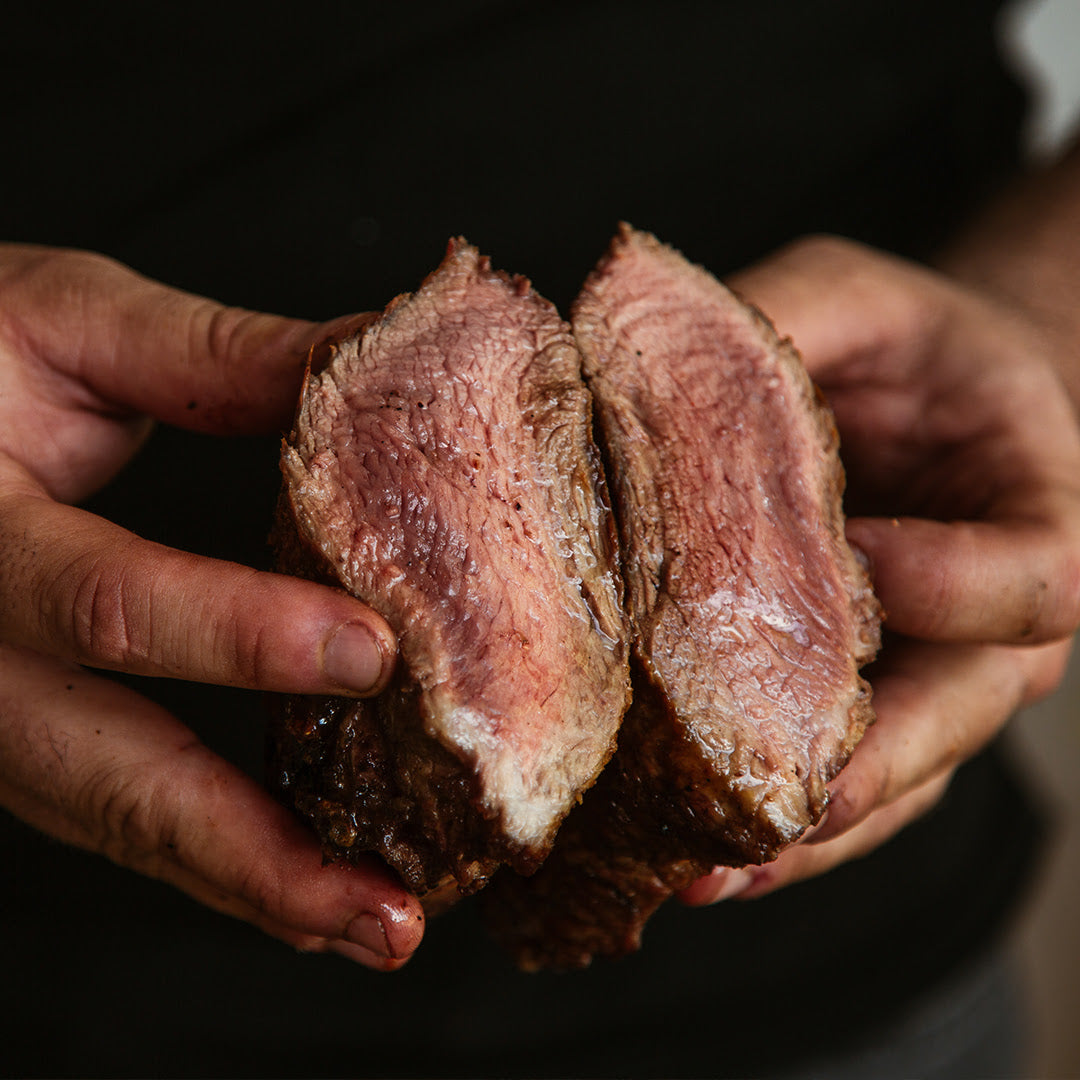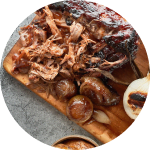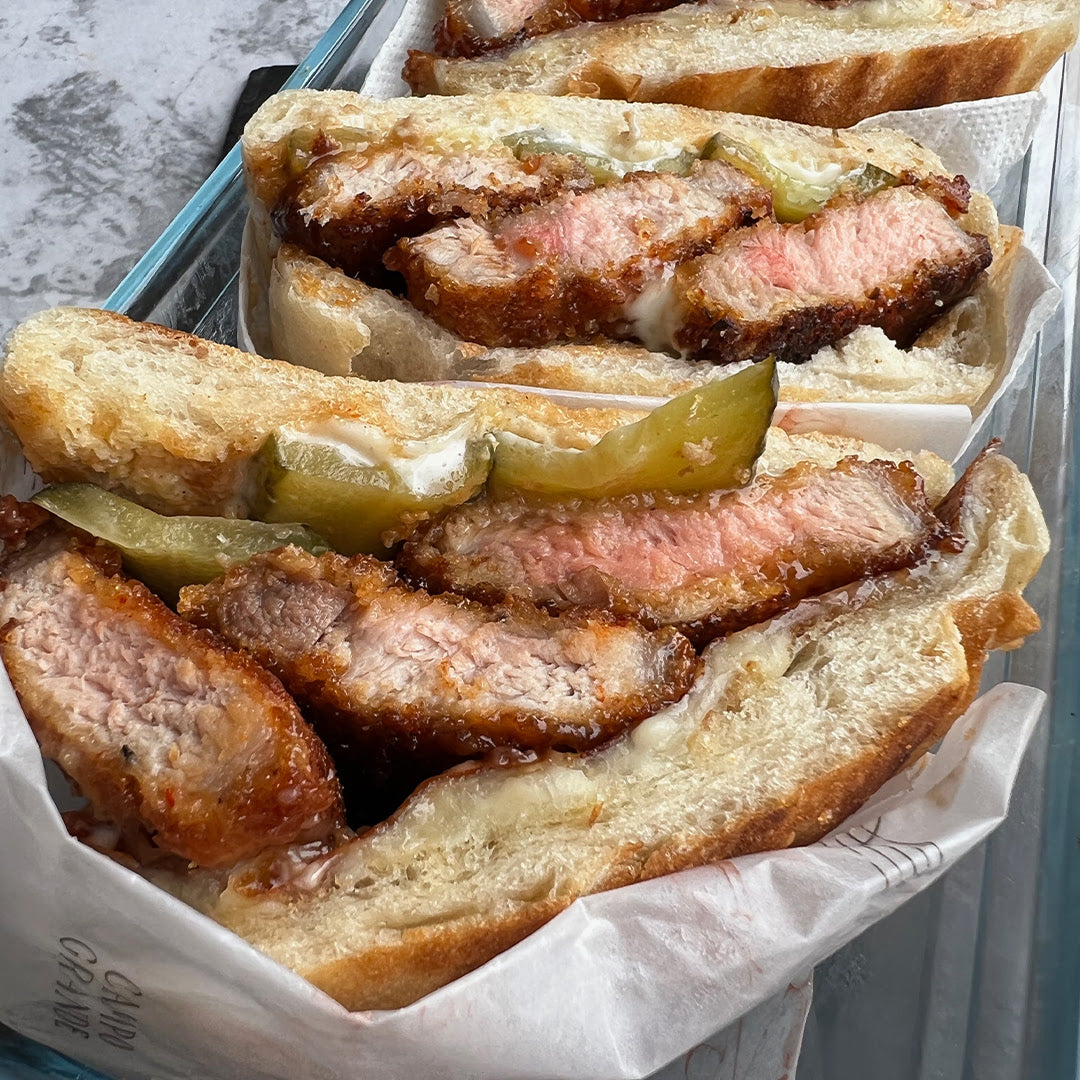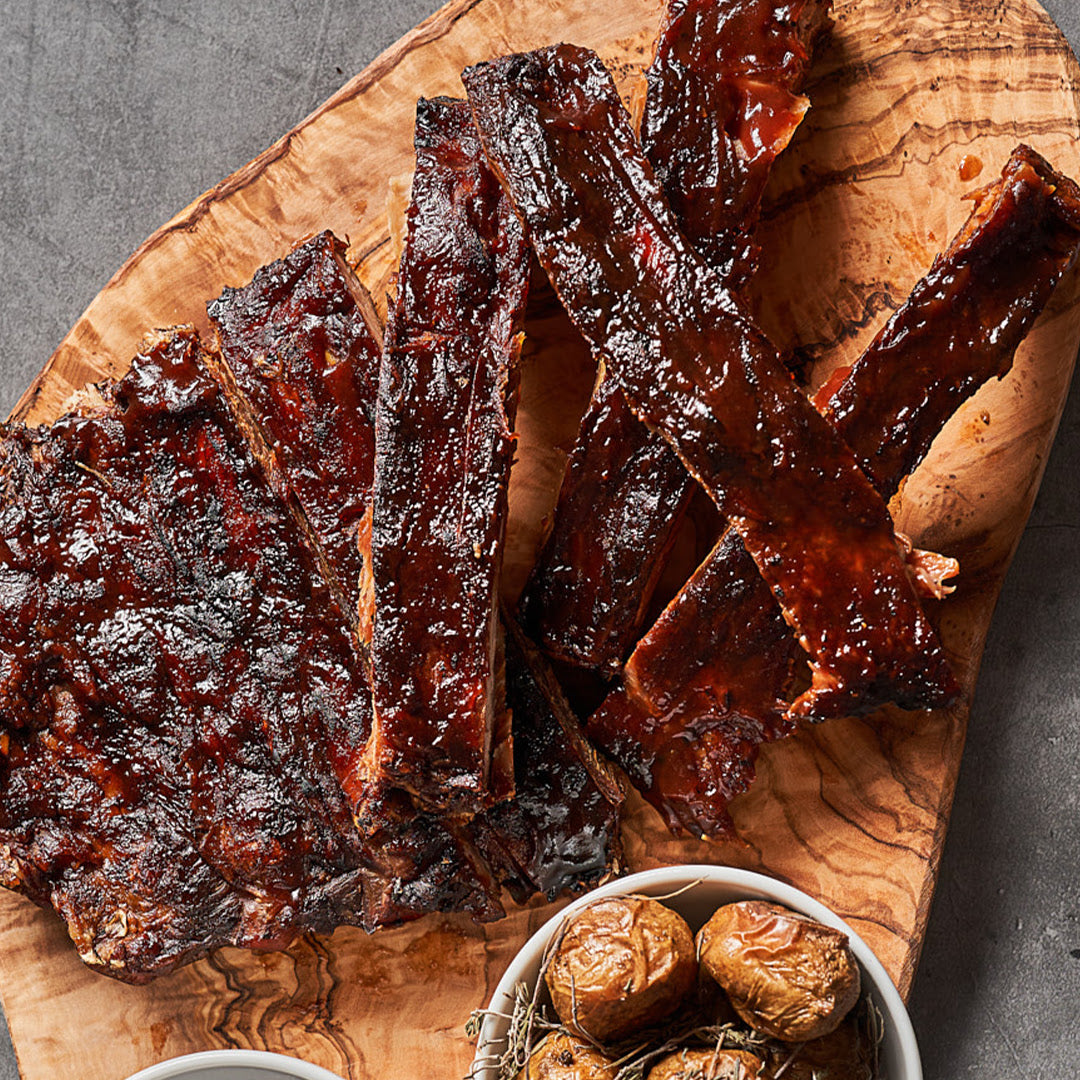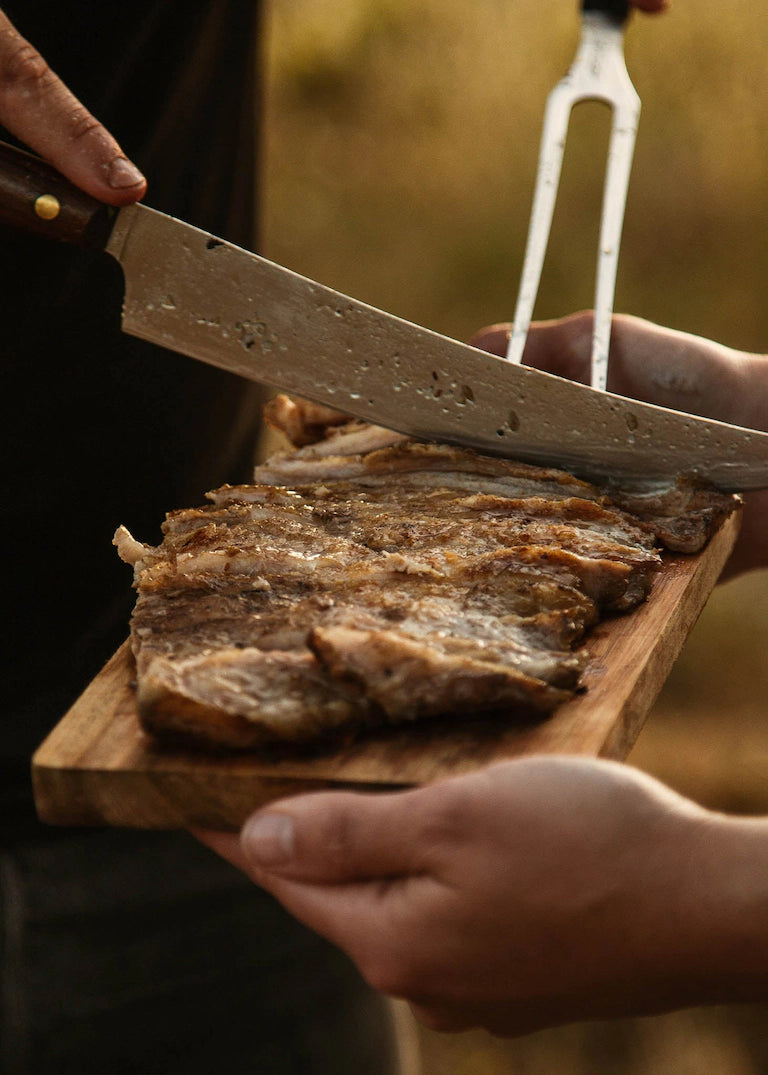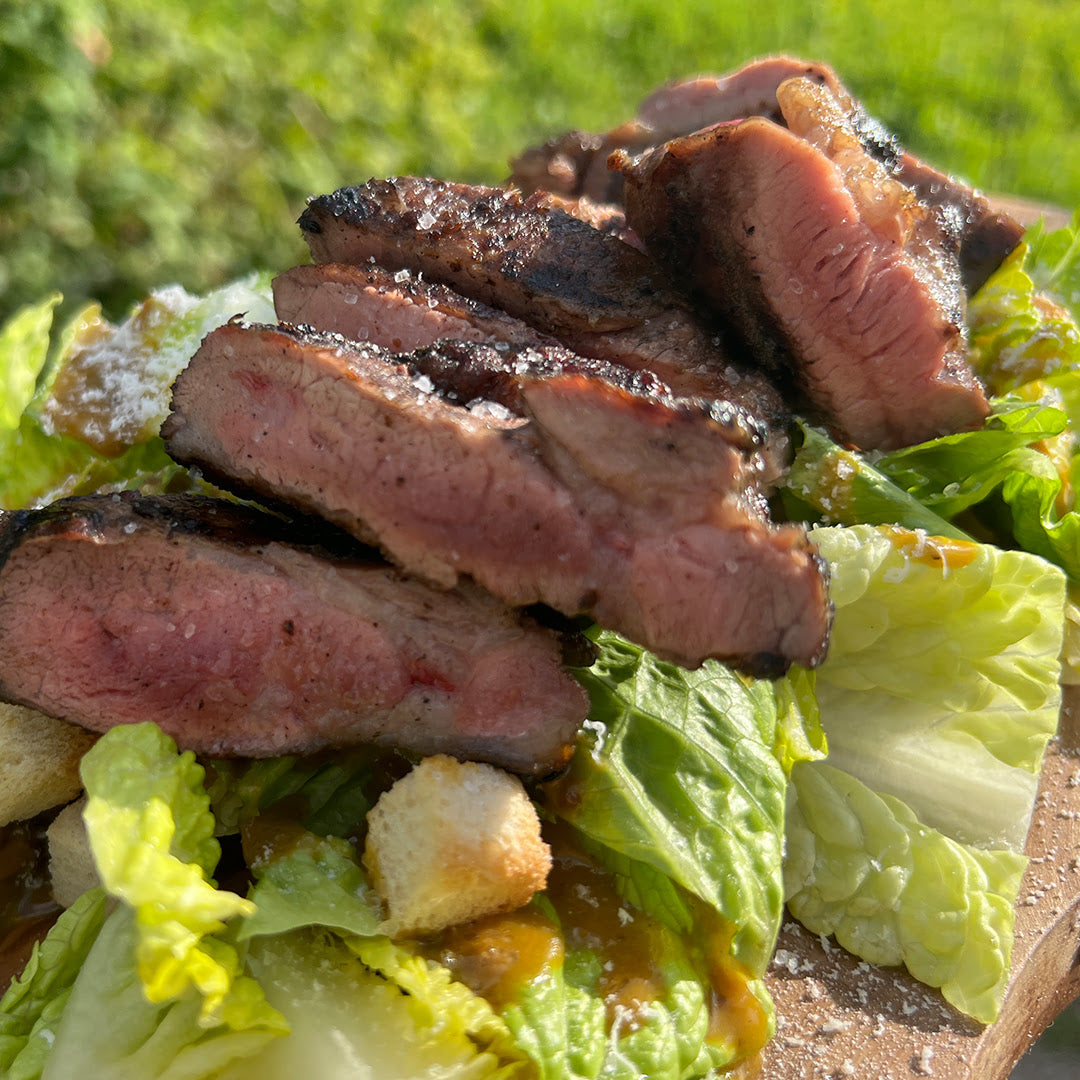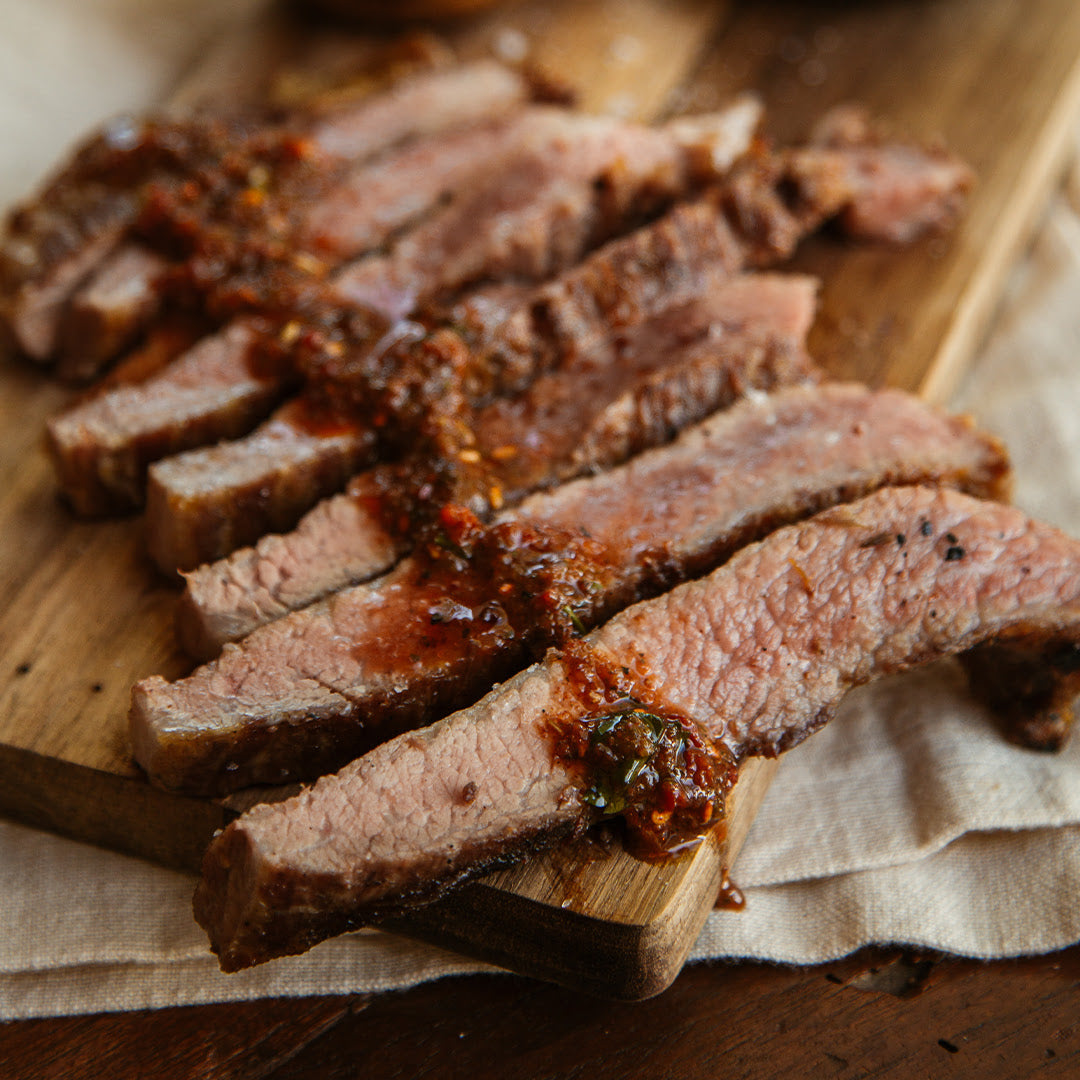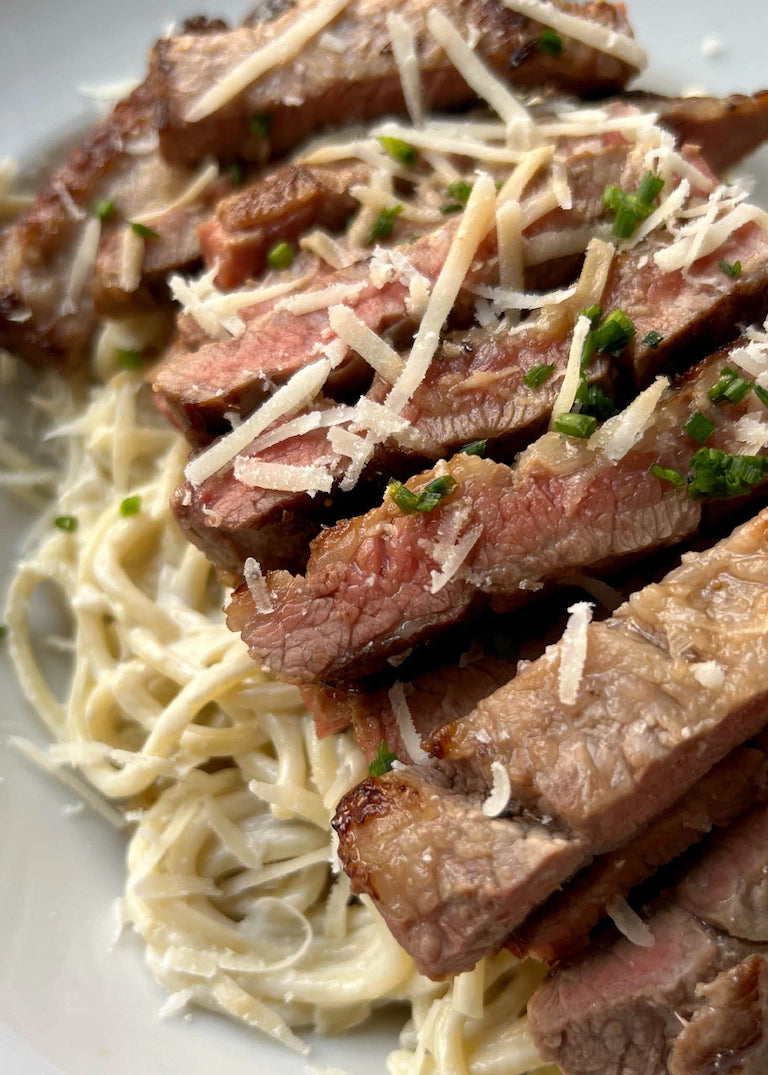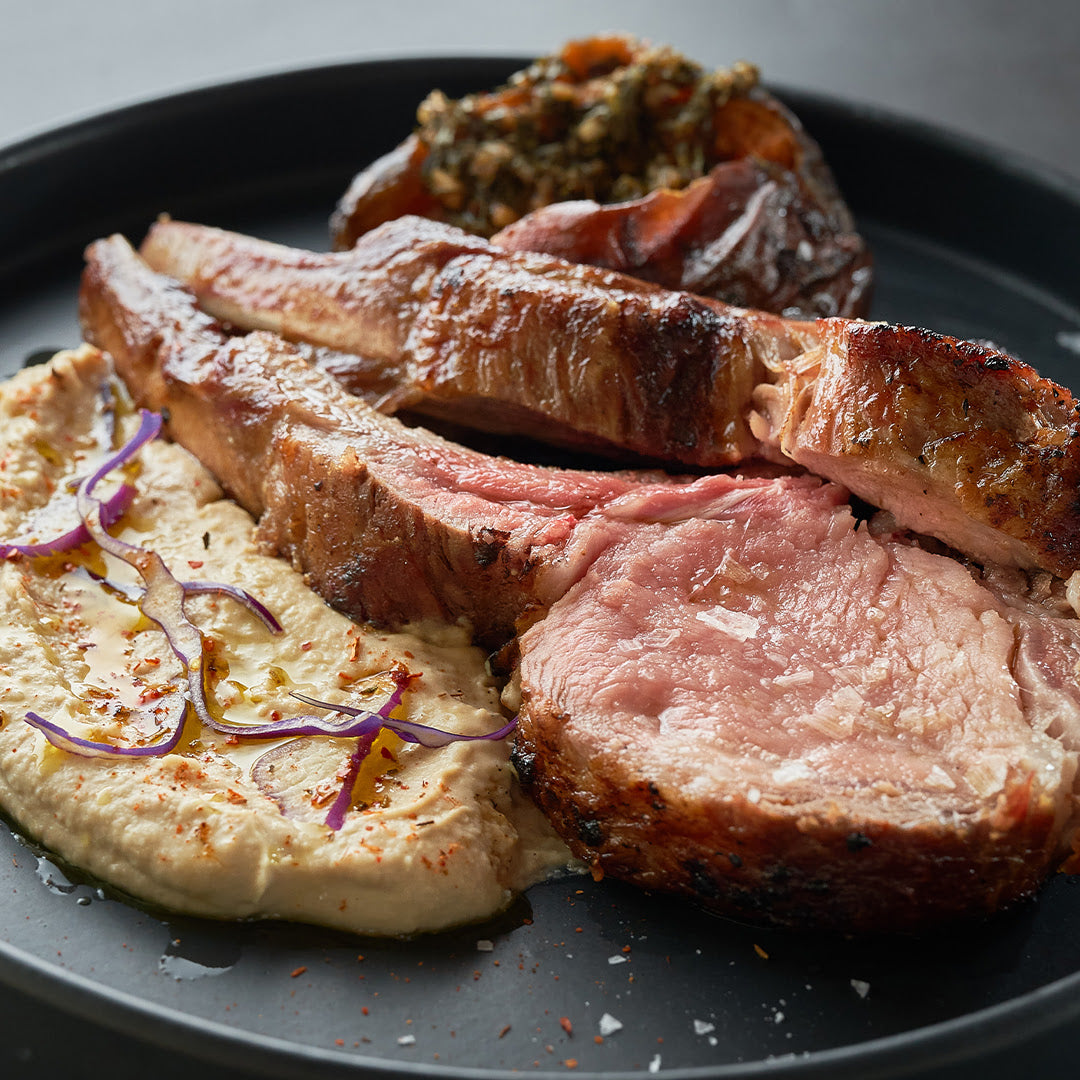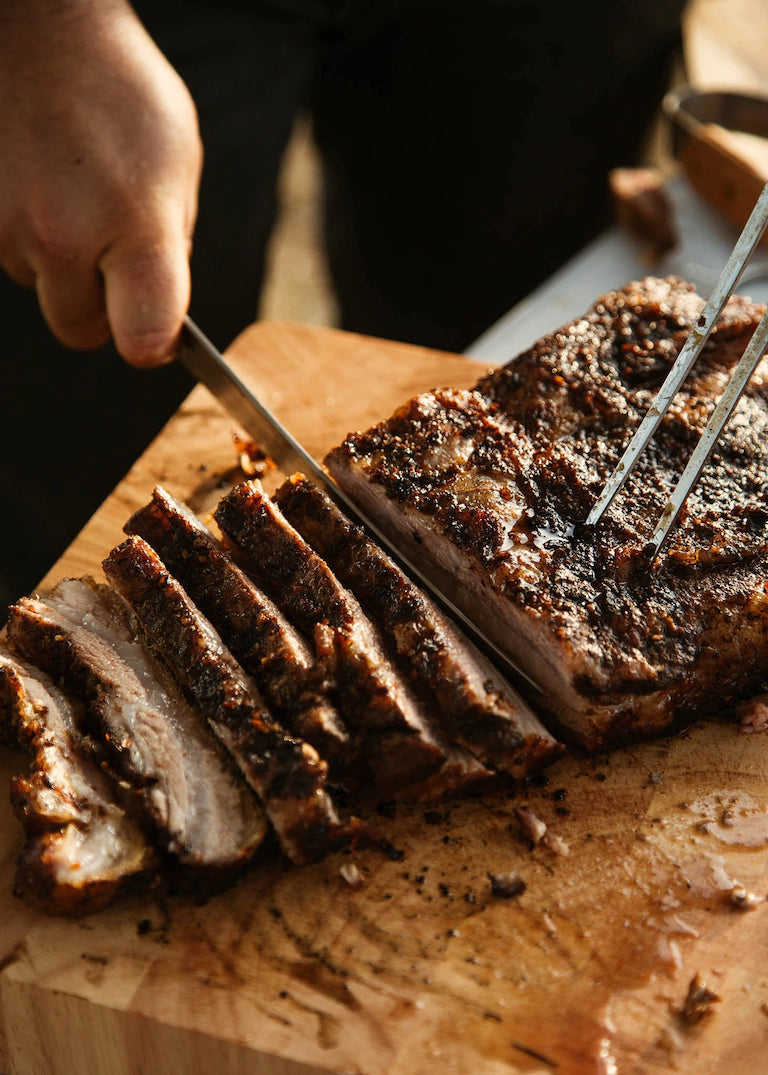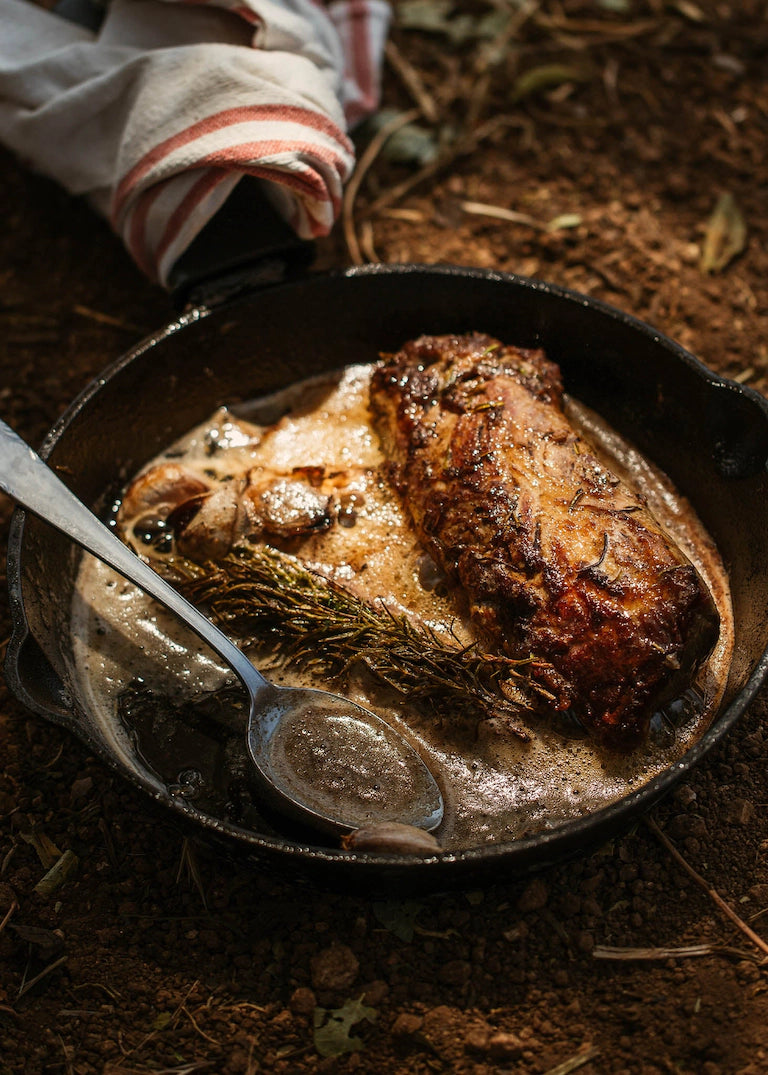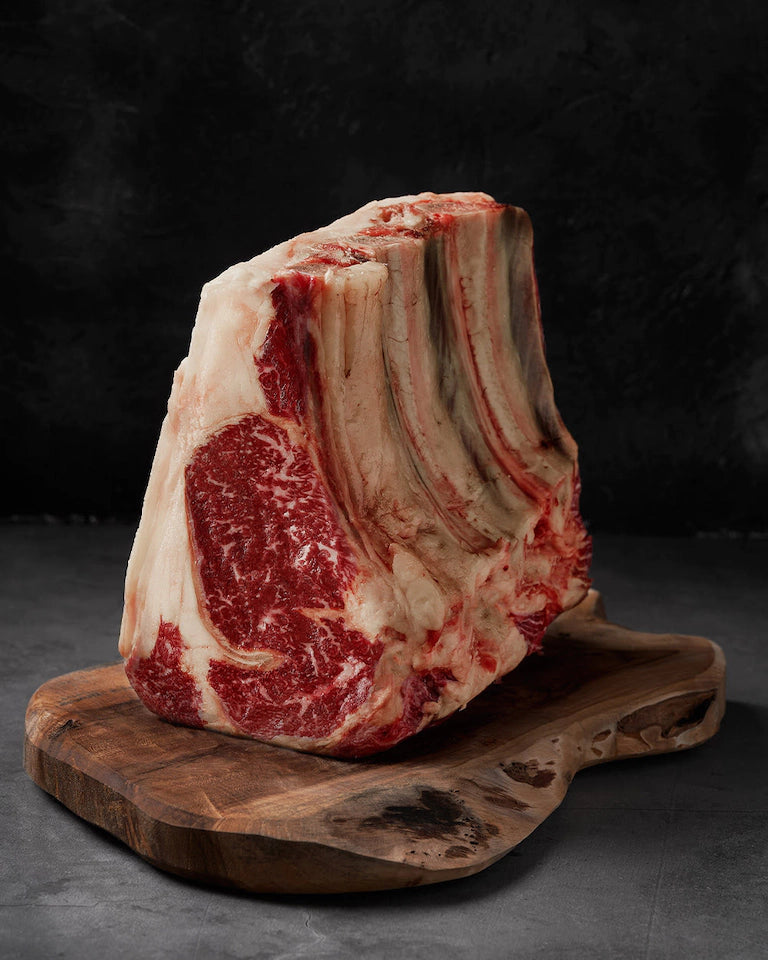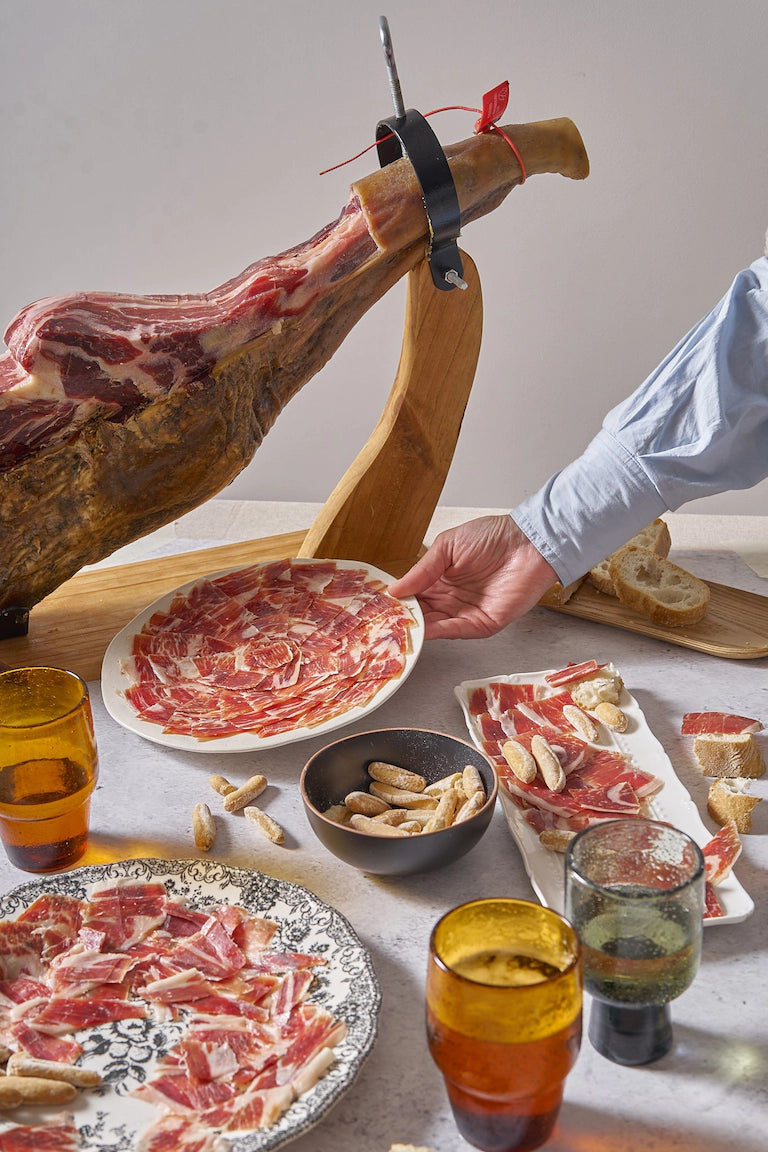
If you’ve encountered recipes that call for boiling pork ribs before you grill or cook them and wondered why, this article will help you understand.
Ultimately, whether or not you boil your ribs before cooking is a point of personal taste. But it always helps to know why things are done, to help you decide if you want to incorporate it into your routine or not.
SHOP RIBS
Why Boil Pork Ribs?
The reason you would boil ribs before cooking them is simple. This process helps tenderize the ribs and makes them more juicy. It not only shortens the cooking time significantly, but it also helps make the meat far easier to chew.
This is definitely a great benefit and makes it worthy of your consideration, but it’s not a flawless method of tenderzing meat and comes with some cons as well.
Pros
Since ribs are pretty fatty and tough, many people will choose to boil their ribs to tenderize them - either parboiling for a short time or boiling for a longer time. This gets rid of some of the fat by rendering it out into the water, giving you a leaner rib. Boiling makes it easier to get that skin and membrane off the inner ribs before you cook them too.
Some recipes will call for you to simmer the ribs a bit longer, around 60 minutes. Doing it this way will greatly reduce the cooking time once you get them on the grill. The longer simmering time helps break down the connective tissue and skin and brings out the tenderness and flavor.
The key to this method is to simmer, not boil. If you boil the meat for an hour it can lead to prematurely cooking of the ribs and you’ll end up with awful, tough meat.
Cons
If you want your ribs to be more flavorful and juicy, boiling them will render out a lot of the fat. This will also cause the natural juices of the ribs to release into the boil. You don’t want this, if your end goal is juicy ribs.
The long term simmering over low heat won’t help you much here either, as the flavor gets leached into the water as well.
Parboiling doesn’t remove as much of the flavor as a boil or long simmer, but you can still probably tell there was some loss there.
Even though ribs are usually slathered in BBQ sauce or glaze, you can still get seriously dried out and tough meat from boiling - especially if you accidentally boil it for too long and toughen it up instead of tenderizing as intended.
If you’re wanting to make some delicious broth to use later, this is most definitely the way to go. The water will soak up all that delicious pork flavor, which will be more intense the longer you simmer.
Alternatives
To boil or not to boil, this choice is all yours. But if you want to maximize flavor and texture, you’ll want to find a different method to tenderize your ribs. Thankfully there are a few other methods at your disposal.
GET OUR COOKBOOK
Marinade
You can add some serious pow to the flavor profile of your ribs by soaking them in a marinade, or using a marinade as a sauce to cook them with. It doesn’t do a whole lot towards tenderizing the ribs, though there is some effect.
SHOP RIBS
Steaming
If you’ve got a large enough steamer to handle the size of the ribs - or you can figure out a way to make one - you can get some seriously tender ribs out of this. Just steam them over water for an hour. You can also use apple juice for a little extra flair added to that pork flavor.
Oven Baking
Technically, this is braising.
Get yourself a pan of water or apple juice and a rack. Place the ribs on top of the rack, not touching the liquid in the pan. If you don’t have a rack, you can improvise one by placing rows of celery sticks into the bottom of the pan. Bunched up aluminum foil, flattened steamer baskets, or mason jar lids will work too. Just so long as you can keep the ribs above the liquid and not touching it.
Start off cooking the ribs at 350F, then decrease the heat to 225F after about 15 minutes. Bake for an hour.
Slow Cooking
This is one of the best and easiest ways to get super juicy and tender meat. A lengthy cook in a crockpot or another slow cooking method will bring out the most flavor from the ribs, and make them nice and tender as well.
Final Thoughts
All in all, there are good reasons to boil your ribs before grilling them, but there are just as many reasons why you should consider avoiding it, or using a different method. It all comes down to personal preference.
SHOP RIBS
